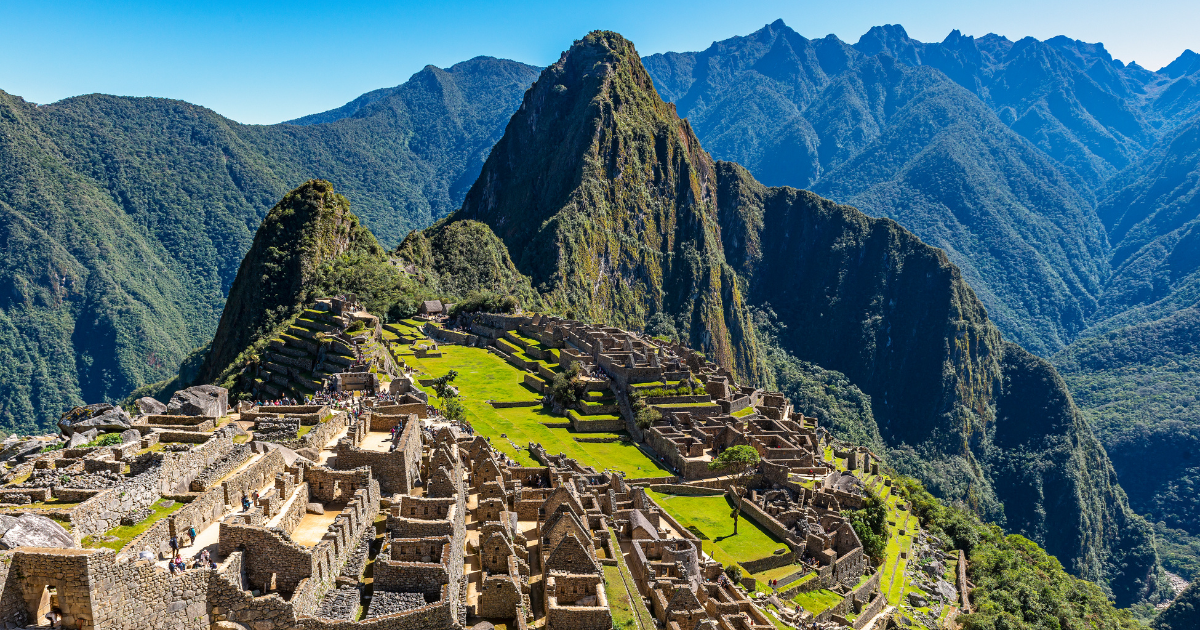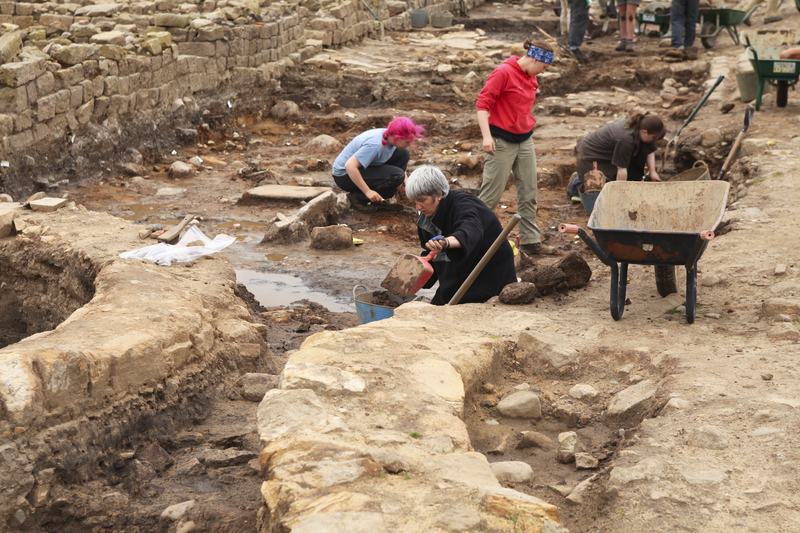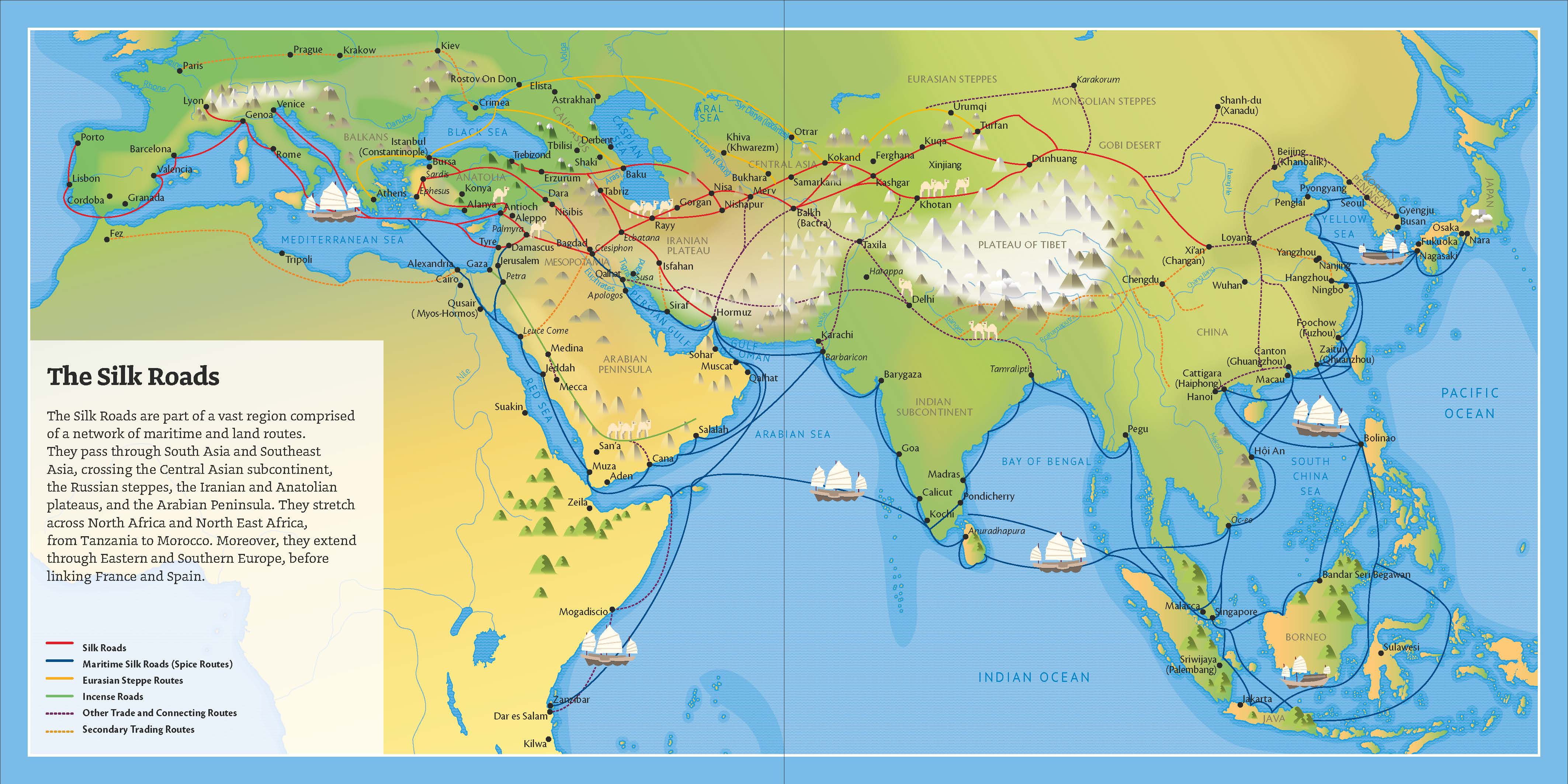Exploring Ancient Civilizations: Unraveling Mysteries of the Past
In the vast tapestry of human history, some threads stretch back millennia, weaving together the stories of civilizations long gone. Exploring Ancient Civilizations: Unraveling Mysteries of the Past is akin to being a detective in the grandest of mysteries, piecing together fragments of ancient cultures to understand who they were, how they lived, and what they believed. It's a journey that takes us to the heart of humanity's origins, unlocking secrets buried beneath layers of time and dust.
But what exactly does it mean to explore ancient civilizations? It's more than just studying old ruins or deciphering ancient texts. It's about immersing ourselves in the world of our ancestors, shedding light on their achievements, struggles, and legacies. It's about bridging the gap between past and present, finding commonalities that connect us across centuries.
One of the key aspects of exploring ancient civilizations is archaeology, the study of human history through the excavation of artefacts and sites. Archaeologists are modern-day adventurers, delving into the depths of the earth to uncover treasures hidden for thousands of years. Every artefact unearthed tells a story, whether it's a shard of pottery or a grand temple complex. These discoveries not only provide insights into ancient cultures but also challenge our preconceptions and expand our understanding of human creativity and ingenuity.
Take, for example, the ancient city of Pompeii, frozen in time by the eruption of Mount Vesuvius in 79 AD. Excavations at Pompeii have revealed remarkably preserved buildings, frescoes, and even casts of its unfortunate inhabitants caught in the throes of disaster. Through these discoveries, we gain a glimpse into daily life in a Roman city, from the bustling streets to the intimate details of domestic living. Pompeii serves as a poignant reminder of the fragility of civilization and the power of nature to reshape the course of history.
Another crucial aspect of exploring ancient civilizations is the study of written records, such as hieroglyphs, cuneiform tablets, and manuscripts. These ancient texts are windows into the minds of our ancestors, preserving their thoughts, beliefs, and aspirations for posterity. Deciphering these languages is no small feat, often requiring years of study and collaboration among scholars from around the world.
One of the most famous examples of decipherment is the Rosetta Stone, discovered in Egypt in 1799. Inscribed with three versions of a decree issued in 196 BC, the Rosetta Stone proved instrumental in unlocking the secrets of ancient Egyptian hieroglyphs. Thanks to the efforts of scholars like Jean-François Champollion, we can now read and understand the writings of pharaohs and priests, shedding light on one of the greatest civilizations of the ancient world.
For instance, the Silk Road, a network of trade routes that
connected the East and West, facilitated the exchange of goods, ideas, and
cultures between civilizations as distant as China and Rome. Along its winding
paths, merchants haggled over silk and spices, while scholars exchanged
knowledge of astronomy and mathematics. The Silk Road was not just a conduit
for trade but also a bridge between civilizations, fostering cross-cultural
exchange and shaping the course of history.
Moreover, exploring ancient civilizations helps us to better understand ourselves. As the renowned historian Yuval Noah Harari writes in his book "Sapiens: A Brief History of Humankind," "To know thyself, thou must first know thy ancestors." By tracing our lineage back to the dawn of civilization, we gain insights into the shared experiences that unite us as a species. We recognize that, despite our differences, we are all part of the same human family, bound together by our common heritage.
In conclusion, exploring ancient civilizations is a journey
of discovery, enlightenment, and wonder. It's a testament to the enduring
curiosity of the human mind and the unquenchable thirst for knowledge that
drives us forward. As we delve into the depths of time, unravelling the
mysteries of the past, we embark on a voyage of self-discovery and
understanding, charting a course towards a brighter future informed by the
lessons of history. So let us continue to explore, to inquire, and to learn,
for the greatest adventure of all is the journey inward, to the heart of
humanity itself.






Comments
Post a Comment